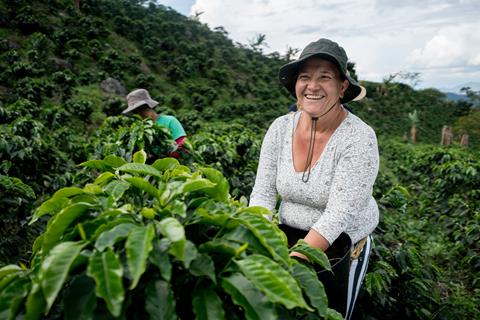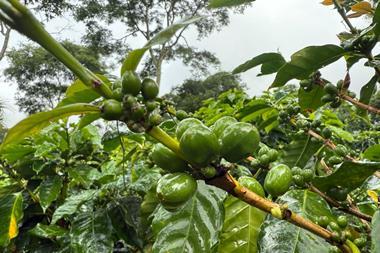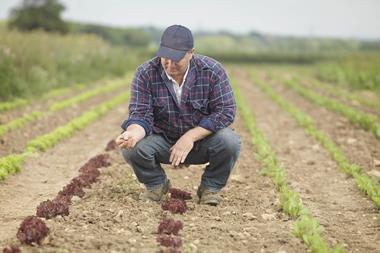
The market price of coffee on the commodity market is volatile at the best of times. Recently, it’s been at a historic high due to a multitude of problems, such as unusual weather patterns in Brazil leading to concerns about future supply.
But US tariffs and trade wars have made the cost of buying coffee especially erratic. In fact, it will likely have changed multiple times between the writing of this piece and its publication.
Coffee commodity chaos
On the commodity market, traders can often buy coffee at a relatively low price one moment and sell it for a hefty profit the next.
When you’re a farmer who has worked on your coffee for the whole harvest, and you need to sell it quickly to support your family, this market can be a downside. The erratic nature of prices – impacted by all these external factors like tariffs – can suddenly leave you in a much worse position than you were the day before.
There has never been clearer proof that the commodity coffee market is broken. And it’s time for the industry to act.
Working with farmers
In my eyes, the only way to buy coffee in a truly ethical way is to bypass the commodity market and work directly with the farmer. This is the only way to guarantee they’ll receive a fair, stable price for the long term, turning coffee into a force for lasting, positive social change – no matter what external factors are impacting the industry.
Direct trade also allows us to better anticipate future needs and potential challenges, as well as ensure greater transparency, higher quality control, and more sustainable practices throughout the supply chain. This simply isn’t possible when you’re trading coffee in the commodity market, and particularly when it’s being impacted by persistent shocks to prices.
Farmers might finally have been paid a premium price for their coffee, given the recent historic highs in commodity prices, and this is undoubtedly a good thing. But when the market drops, we’ll inevitably see bad actors return to exploiting these farmers by paying less than the cost of production.
It’s time for coffee brands to pay farmers a fair price. It’s only through long-term, mutually beneficial relationships that we can bring customers top-quality coffee in an ethical way.
Paul Turton, CEO of Pact Coffee



















No comments yet